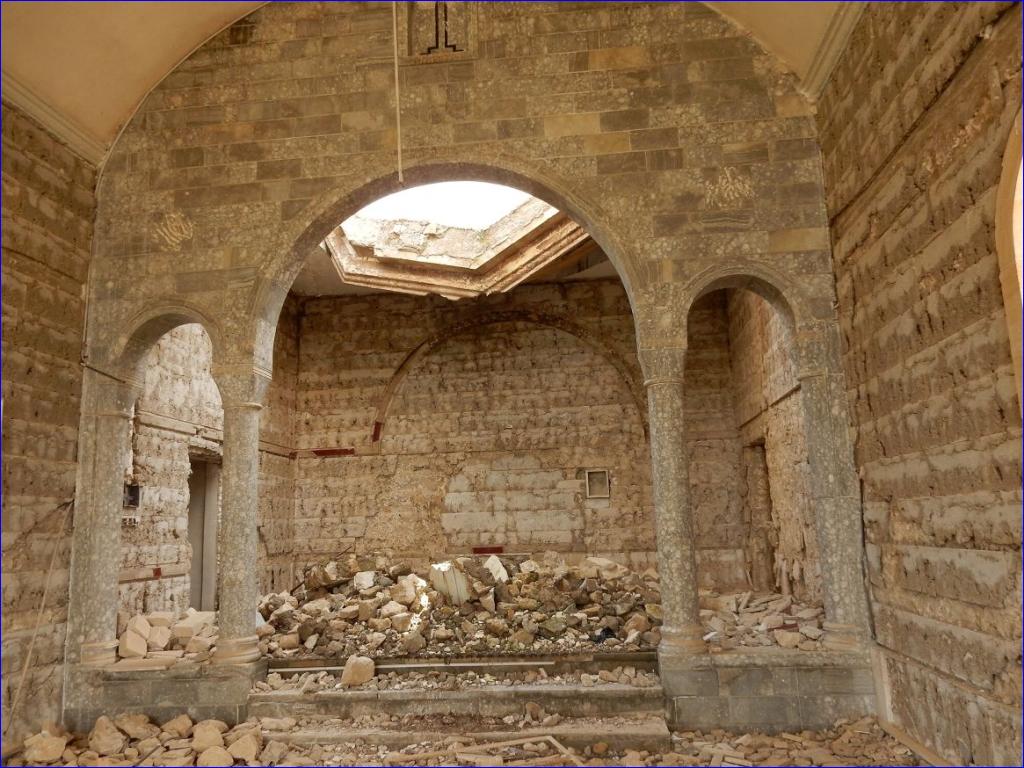


Governor Abdul Qadir al-Dakhil said in a statement Monday that the government is "committed to reconstructing damaged monasteries and churches and safeguarding the religious and cultural identity of these sacred sites, which represent a cornerstone of our civilizational heritage."
Related: Timeline of ISIS in Iraq
Related: Attacks on Assyrians in Syria By ISIS and Other Muslim Groups
He stressed that the initiative goes beyond physical restoration, aiming to revive these sites as spaces of coexistence and to reinforce values of cultural and religious diversity.
Once known as Iraq's "capital of churches," Mosul was home to dozens of monasteries and cathedrals, central to the identity of the Assyrian people. That legacy was shattered in 2014 when Islamic State (ISIS) militants seized the city, unleashing the most severe collapse of the community's historical presence. Nearly all churches were destroyed or looted, and thousands of Christian families were forced into displacement, both inside Iraq and abroad.
At the center of the new reconstruction plan is the Mar Gorgis Monastery, one of the region's oldest Christian sites, with origins stretching back centuries. Like many other places of worship, the monastery was desecrated and left in ruin under ISIS control, when several churches were converted into military bases or makeshift prisons.
Governor al-Dakhil underscored that "restoring life to places of worship is an integral part of a broader project for peaceful coexistence," stressing that safeguarding the region's indigenous components, particularly the Assyrian people, is central to ensuring Nineveh's long-term stability.
Yet significant challenges remain. Beyond the physical work of reconstruction, there is an urgent need for security guarantees to prevent renewed displacement and to overcome lingering fears. Restoring essential services and infrastructure in Mosul's historic Christian neighborhoods is also viewed as vital to encouraging families to return.
Activists argue that involving local churches and civil society groups directly in the reconstruction effort would strengthen credibility and help rebuild the trust eroded by years of conflict and neglect.
Mosul, scarred by bloodshed and the loss of its cultural heritage, now stands at a crossroads. The rebuilding of churches is not only about replacing stones but about reconstructing memory and identity -- offering the chance for the city to reclaim its legacy as a symbol of Iraq's coexistence and diversity.

or register to post a comment.